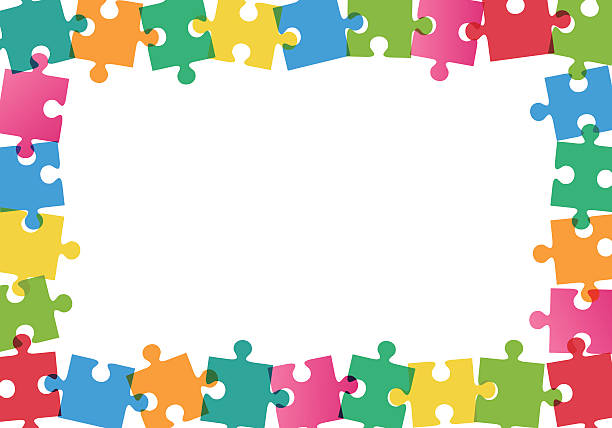Play — it comes naturally for kids, but it can bring stress to even the best parents on the planet.
Is my child playing with the right toys? Why don’t they engage with their toys yet? Are the toys in our homes teaching them the skills they need in early childhood? Is it okay for them to play with toys the “wrong” way? How can I get my kids to play with toys with their siblings or friends?
In this series, we’ll be diving into all things “play” with the goal to help you stress less! We’ll talk about the different types of play (social play, creative play, object play, sensory play, and active play), explain the benefits of each, and provide you with ideas to help your kids explore all areas of play on their own.
And in this article, we’ll dive right in by talking about social play.
What Is Social Play?
Social play is simple, but it’s also an extremely important part of childhood. It’s when kids play together, learning the skills they’ll need to properly interact and work with others throughout their lives.
Social play can look like children playing together at the park or having play dates. It can show itself as sharing toys, observing each other, taking part in dramatic play, playing board games, playing sports, and so much more.
If your child is playing with another human, or several humans, and is learning social skills at the same time, they’re engaging in social play.
What Are the Benefits of Social Play?
Social play comes with obvious benefits like friendships and strong relationships with family members. For even the youngest kids, it can help with:
- Managing joint attention
- Emotion regulation
- Impulse inhibition
- Understanding cause and effect in relationships
- Language acquisition
As children grow, in-depth social skills are built, including:
- Teamwork
- Conflict resolution
- Confidence
- Independence
- Leadership
- Sharing
- Turn-taking
- And so much more.
And last but not least, social play helps to strengthen emotional intelligence and empathy.
Social Play Ideas for Kids of All Ages
Kids can begin social play as soon as they can communicate physically or verbally (starting around six months old). Below are a few easy-to-tackle ideas to try with your child, their siblings, and their friends!
Social Play for Babies: Rolling a ball back and forth, mimicking facial expressions, and playing with toys together or next to one another.
Social Play for Toddlers: “Simon Says,” pretend play, building with blocks together, and playing with character toys.
Social Play for Younger Kids: Rhythm games (copying each others’ rhythms), dramatic play, charades, and staring contests.
Social Play for Older Kids: Playing instruments together in a “band,” playing board games, joining sports teams, and more.
All in all, social play is a simple, essential part of childhood. It doesn’t take much effort on your behalf — simply get your child together with other kids and watch the magic happen. And if the friends need a bit of encouragement in the beginning, the ideas listed above are a great place to start!


